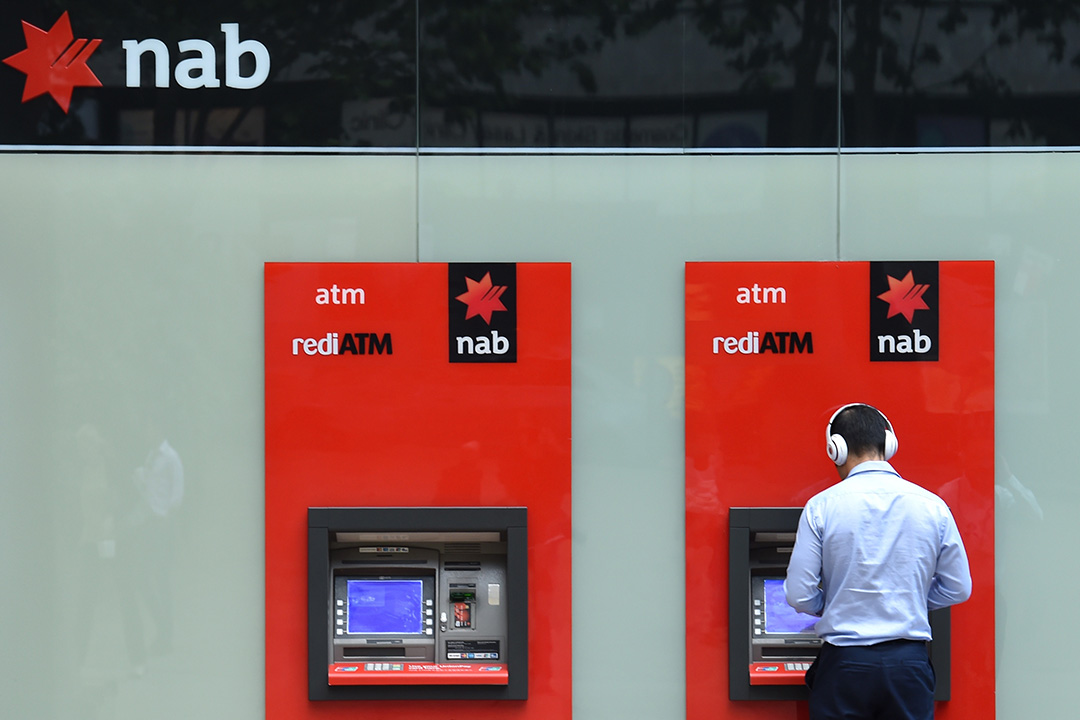

The good news is that the NAB Board listened to the feedback from disgruntled shareholders such as myself (see https://switzer.com.a/the-experts/paul-rickard/nabs-share-purchase-plan-is-a-no-brainer-lets-hope-directors-make-it-fairer/) and increased the size of its share purchase plan (SPP). $1.25bn of shares will now be issued, up from the original amount of $500m.
Last night, the 155,000 shareholders who took part are sitting on a paper profit of 27%, having paid $14.15 for shares that finished trading at $17.94.
The bad news is that the $1.25bn was inadequate for the investor demand of $2.9bn of new shares, highlighting the unfairness and basic inequity of share purchase plans. Investors will now be subject to a scale back, receiving between 25% to 30% of their existing holding, subject to application amount and a minimum and maximum.
Share purchase plans are unfair to four groups of investors.
Firstly, to investors with tiny shareholdings because they receive advantageous treatment compared to all other shareholders. They are afforded the opportunity to purchase more shares than they would normally be entitled to under a pro-rata issue. In the NAB issue, applicants received a minimum of 176 shares (worth approximately $2,500), so if a shareholder with just 100 shares lodged an application for $2,500, they got 176 new shares compared to their pro-rata entitlement of just 10 shares.
Next, mid-size retail investors. These people get screwed when a company disproportionately favours institutional investors over retail investors, and with the $30,000 regulatory cap set by ASIC on SPPs. In NAB’s case, the $1.25bn SPP followed a $3.0bn institutional placement at the same prize. To ensure that no retail investors were being diluted, the SPP should have been around $2.0bn. Larger retail investors were further impacted by the SPP cap.
Investors who don’t participate are also discriminated against. Sure, they make a choice, but unlike entitlement offers, the “call to action” is not strong.
And finally, institutional investors can say that they are a touch hard done by in that retail investors effectively get a free call option over whether to participate or not. Typically 3 weeks to make their minds up, with in-built price protection such that if the market falls away, the new shares are issued at a price lower than the institutions paid.
There is an alternative structure: the accelerated pro-rata non-renounceable entitlement offer (APNEO). In the rush to raise capital following the onset of Covid-19 and the havoc to company balance sheets, six leading companies (Flight Centre, Webjet, Oil Search, Kathmandu, G8 Education and Reece) launched offers on this basis.
Conducted on an entitlement basis according to the shareholders’ existing shareholding (for example, 1 new share for every 2 shares already held), institutional investors get to go first and set the price. Those entitlements that aren’t taken up are typically auctioned to other institutional investors.
The stock comes out of the trading halt and retail investors get their chance to invest. Same fixed offer price, same entitlement ratio, but with a two to three week settlement period.
Variants of the offer are that the entitlements are renounceable, or the institutional entitlement is accompanied by a separate institutional placement (For example, Flight Centre raised $280m through an institutional entitlement and $282m through an institutional placement). An oversubscription facility may also be available, allowing retail investors to subscribe for more than their entitlement.
Because it is done on an entitlement basis and a shareholder can’t be diluted, the APNEO structure is inherently fairer than a placement to institutions followed by a SPP for retail investors. For some reason, Boards get hoodwinked by investment banks who argue that retail investors are “unreliable” and “riskier”, and that if you want the cash, do a placement (which they underwrite) and a small non-underwritten SPP. Flight Centre and the five other companies prove that the APNEO structure works.
The Corporations Act enshrines the principle of “fair, orderly and transparent markets” and the regulator, ASIC, is charged with administering it. While it may be premature to abolish SPPs, ASIC should act to make equity placements “fairer”. Firstly, by requiring Boards to explicitly state their allocation criteria between different classes of investors, and their reasons thereto. Next, in relation to SPPs, lift the cap from $30,000 to $100,000, and require all SPPs to give consideration to pro-rata entitlement when allocating shares to different investors. To their credit, this is what both NAB and Ramsay Health Care did when allocating shares in their SPPs, but it is not universal, and the $30,000 regulatory cap seriously works against the interests of some investors. Capital raisings can be a lot fairer.